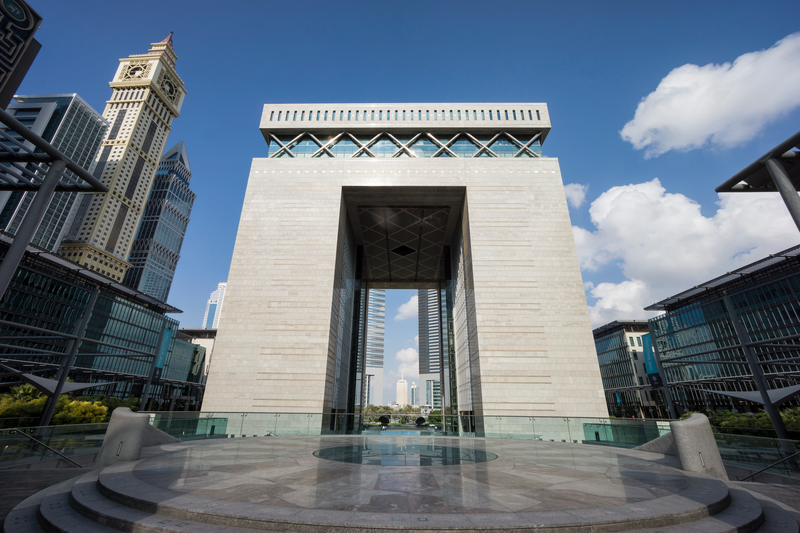The Dubai Financial Services Authority (DFSA) has imposed a fine of $980,020 (AED 3,599,613), after settlement discount, on Peter Georgiou, for misleading and deceptive conduct and for being knowingly involved in breaches of DFSA rules by his former employer Mirabaud (Middle East) Limited (MMEL) – an international banking group established in Switzerland.
In
Register for free to keep reading
To continue reading this article and unlock full access to GRIP, register now. You’ll enjoy free access to all content until our subscription service launches in early 2026.
- Unlimited access to industry insights
- Stay on top of key rules and regulatory changes with our Rules Navigator
- Ad-free experience with no distractions
- Regular podcasts from trusted external experts
- Fresh compliance and regulatory content every day













